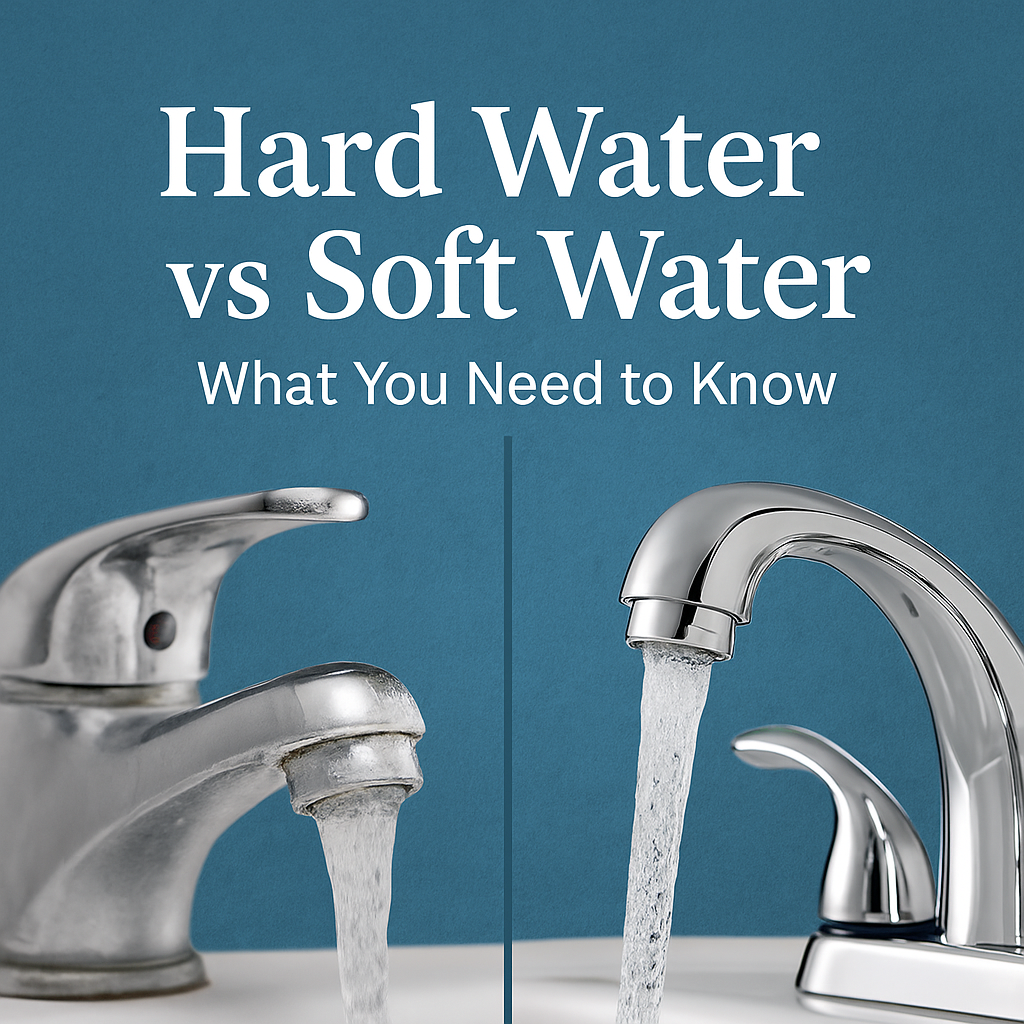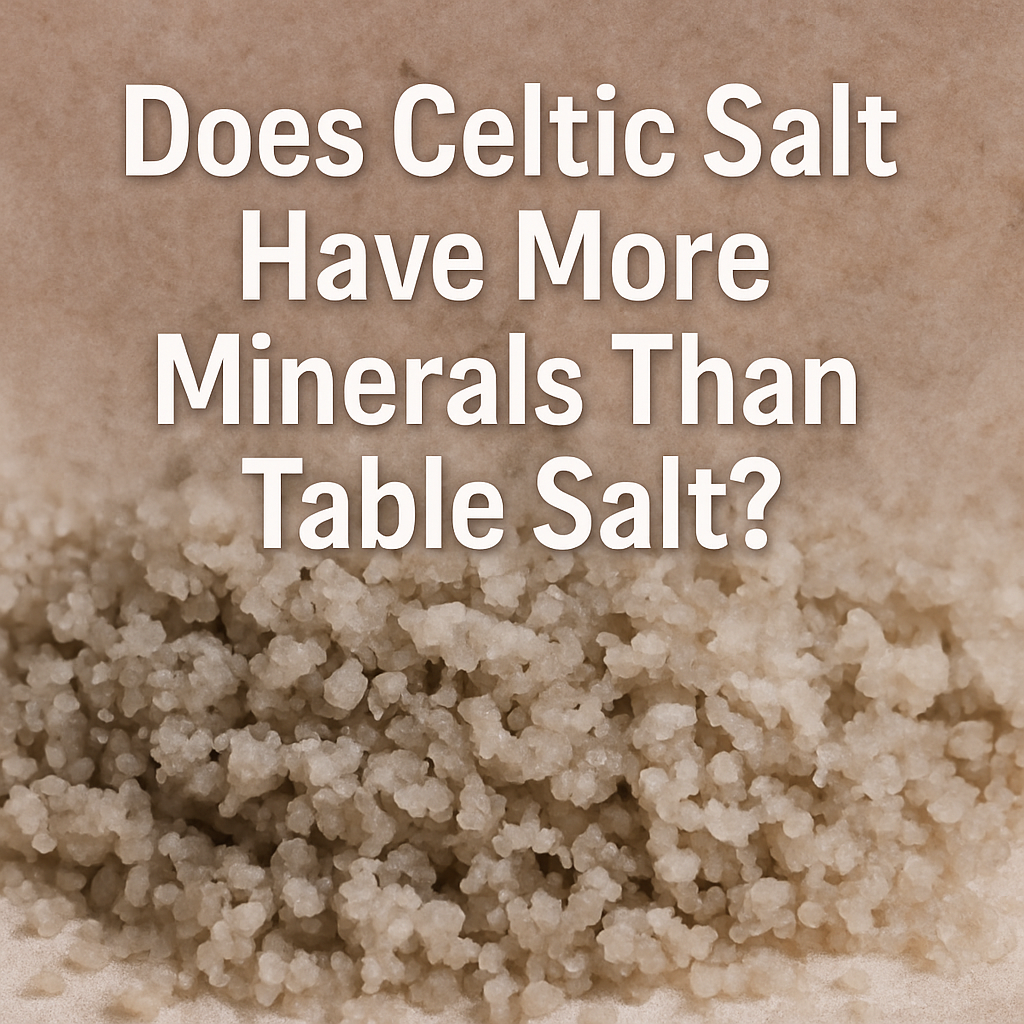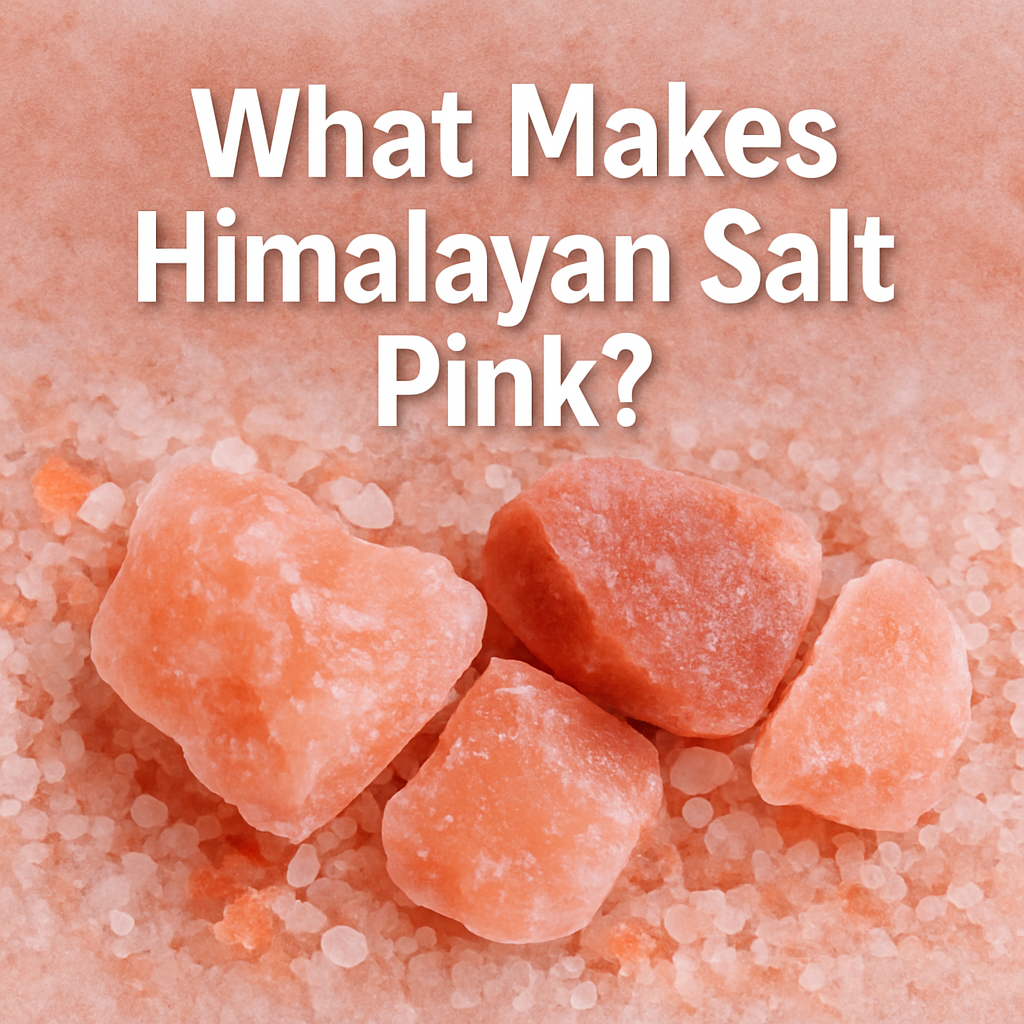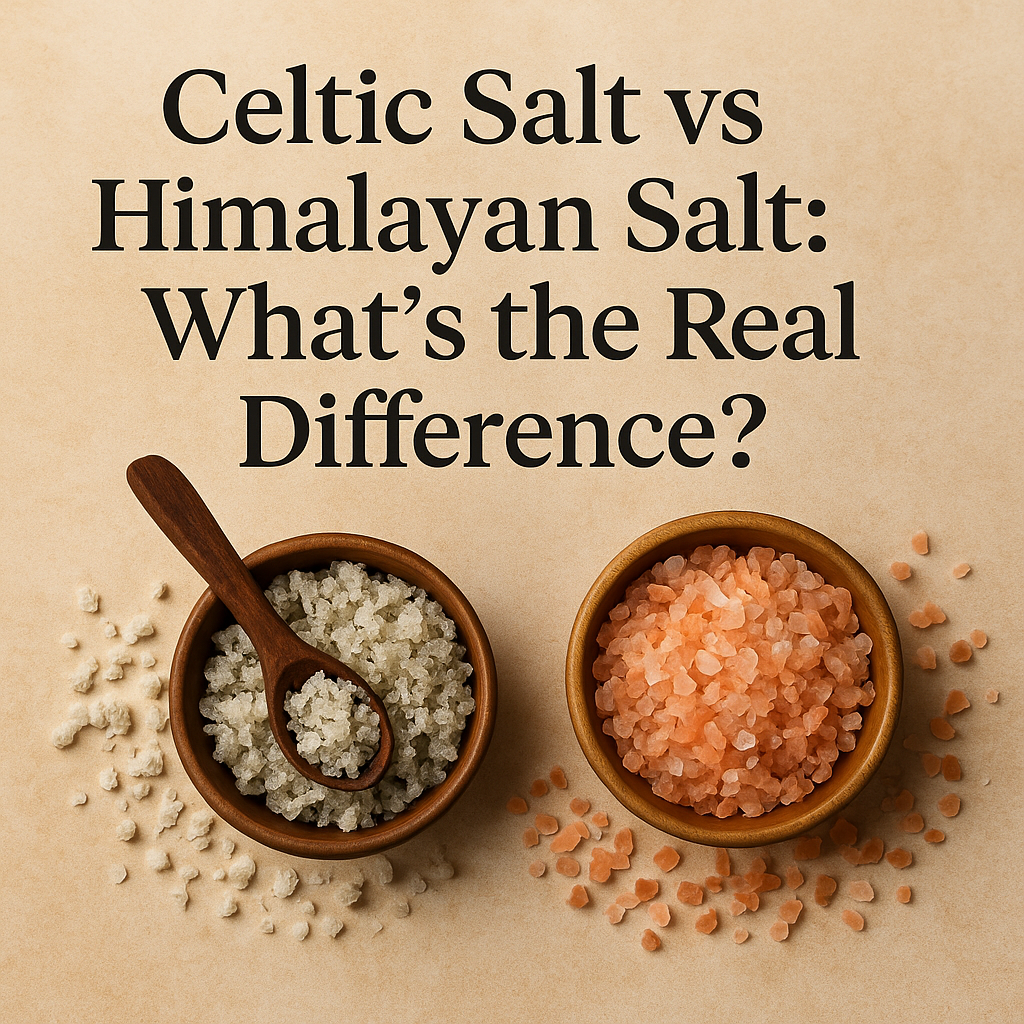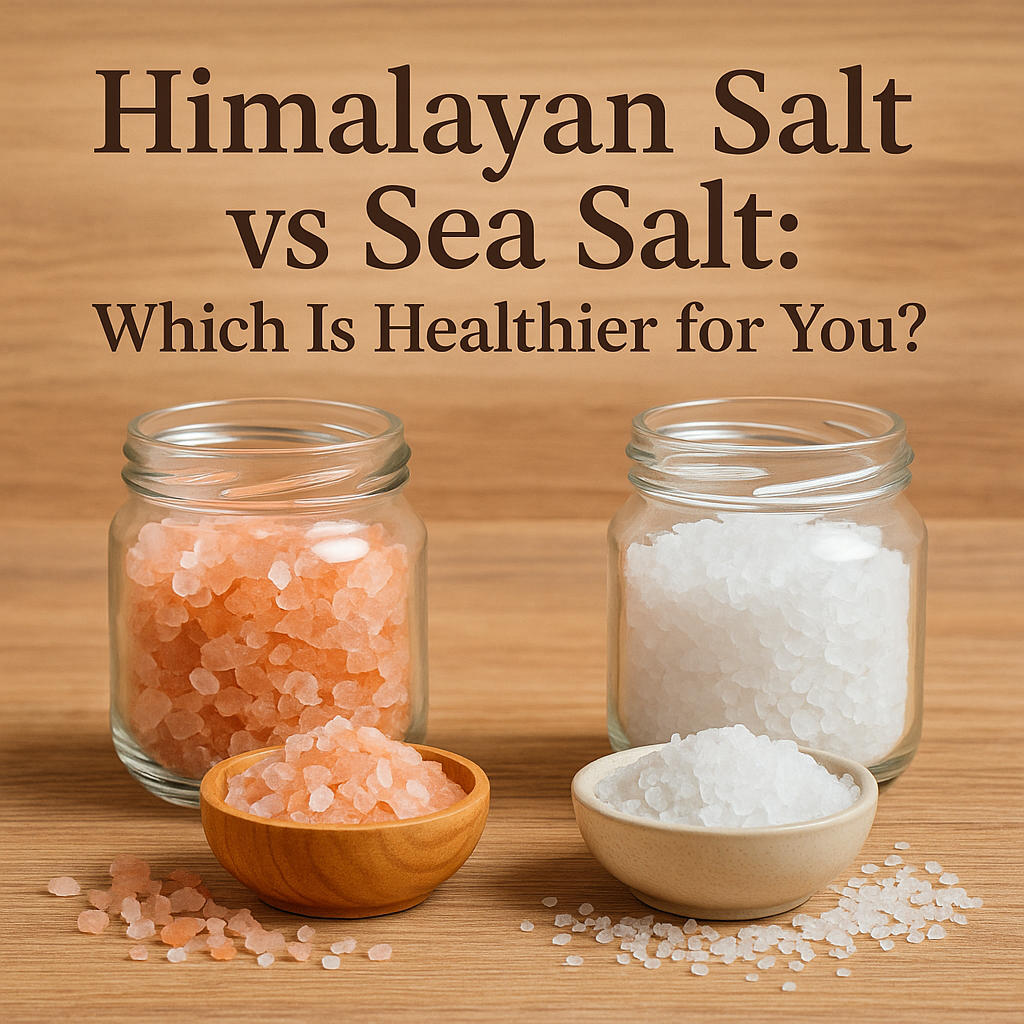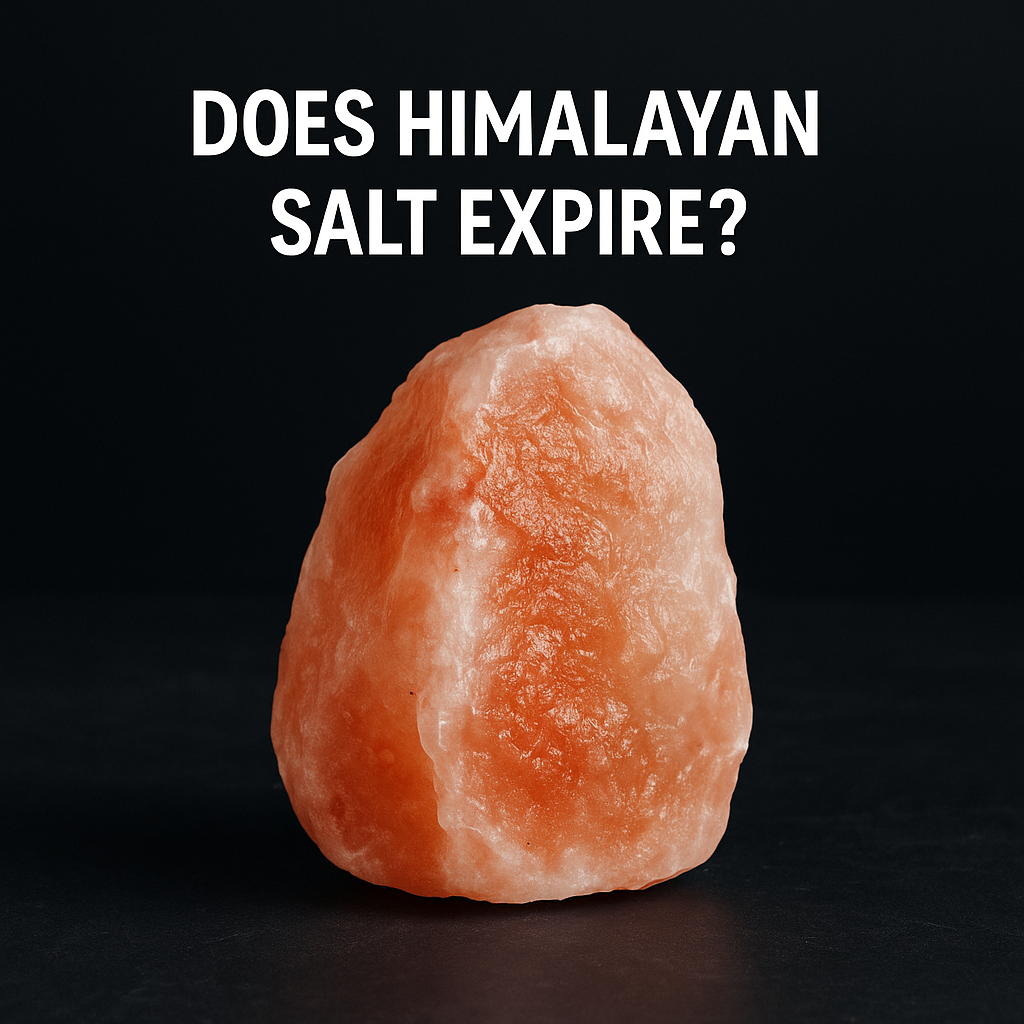Water is an integral part of our everyday lives, but all water isn’t the same. Millions of households face the question of hard water vs soft water, and the difference can impact you, your appliances and even your skin.
In the UK, an estimated 60% of households have hard water. However, the hardness can vary in different regions, with areas such as London, the south east and the Midlands being the most likely to have very hard water. Scotland, Wales and much of northern England can typically expect to have soft water. If you’re unlucky enough to live somewhere with hard water, it can leave limescale residue in your kettle, not lather up well in your soap and even affect the flavour of your tea and coffee.
Understanding Hard Water and Soft Water
Understanding the impact of hard water vs soft water can help you make better choices for your home, appliances, and personal care.
What is Hard Water?
Hard water is water but with a high mineral content, primarily calcium and magnesium. These minerals are not damaging to your health, but they alter how water reacts with soap, detergents, and other surfaces.
Water hardness is measured on a scale, typically in grains per gallon (gpg) or milligrams per liter (mg/L). If you have more than 60 mg/L of dissolved calcium carbonate, your water is considered hard.

Hard water can be identified when soap produces less lather than expected. Other visible clues include cloudy film left on glassware after washing or chalky deposits on faucets and showerheads.
What is Soft Water?
Soft water is water that has very few dissolved minerals. This condition may occur naturally, but most homes will use a water softener to remove the excess calcium and magnesium from the water.
Softened water lathers more easily with soap and detergents. You will see more foam, have cleaner dishes and feel smoother skin after showering. Soft water is also kinder to washing machines, kettles, and water heaters because the water causes less limescale to form inside the appliances.
Hard Water vs Soft Water: Key Differences
The most obvious difference between hard and soft water is how they feel and behave. Hard water often leaves a residue, while soft water rinses clean. But the differences go deeper:
-
Cleaning and washing
Soaps and detergents have a more difficult time dissolving completely in hard water. When you wash your clothes with hard water, they will often feel rougher, and white clothes may become duller over time. Clean better with soft water. Clothes look brighter and last longer.
-
Skin and hair
Dry skin and dull hair are some of the most common complaints people have about hard water. Minerals in hard water build up on the skin and hair, preventing proper absorption of moisture. Soft water, on the other hand, will help your skin and scalp feel more hydrated, and less irritated.
-
Appliances and plumbing
Hard water causes limescale to form in pipes, kettles, dishwashers and heaters. This build up gradually reduces efficiency and will ultimately shorten the lifespan of appliances. Soft water protects against scale and improves appliance efficiency.
-
Taste of drinking water
Some people prefer the taste of hard water because the minerals give it a distinct flavor. Soft water may taste different, sometimes slightly salty if treated with sodium-based softeners.
Effects of Hard Water in Daily Life
The first, and perhaps most obvious issue with hard water is limescale. That's the chalky white stuff that builds up on taps, showerheads, kettles, saucepan handles, inside radiators and inside the heating element of electric kettles, for example. It gradually becomes more prevalent, making appliances work harder and costing you more in energy bills.
Hard water can also cause problems with washing clothes. Fabrics that are washed repeatedly in hard water tend to feel harsher and don't wear as well. Soap scum on bathroom tiles, showers and glass surfaces is another common example of the effect of hard water in the home, and is usually very noticeable.
The effect of hard water on personal care is another frequently reported area of complaint. People with sensitive skin often notice their skin becoming drier, itchier or otherwise more irritated, such as with eczema. Hair may also feel heavier or duller after being washed in hard water.
Cost-Saving Benefits of Soft Water
Soft water is not only good for cleaning and personal care, it also pays off in the long run. Soft water extends the life of appliances by preventing the accumulation of limescale. For example, a water heater, washing machine, or kettle with limescale deposits can use up to 10–15% more electricity. Avoiding the energy waste caused by limescale build-up by using soft water can result in savings of up to £40/year in the energy bill of a medium household.
Less product is needed to achieve the same level of cleaning or lather, because detergents and soaps dissolve better in soft water. Clothes last longer as well, because they are not stiffened by minerals. Fewer repairs are needed for appliances, resulting in further real savings over time.
Health & Lifestyle Benefits of Soft Water
Soft water has other advantages, too, beyond the realms of skin and hair. Drink up! If you’re a tea or coffee drinker, using hard water for your daily hot drink might leave you tasting a less than flavorful beverage. The minerals in hard water can interfere with the natural flavors of tea and coffee. But if you start using soft water for your morning pick-me-up, it can taste smoother and richer.
Soft water bathing helps pets maintain healthy coats and skin because hard water can cause irritation and dryness. Gardeners and indoor plant lovers may also appreciate soft water. When you water plants or rinse potted plants with hard water, those minerals are left behind in the soil, or on the outside of the pot. This can have an impact on your plant’s health.
Do You Need to Soften Your Water?
Not all homes require soft water, but if you are constantly battling with limescale, dry skin issues or laundry and cleaning challenges, you might want to look into investing in a water softener.

Water softeners use salt to swap calcium and magnesium ions for sodium ions, which decreases water hardness. For this process to be effective, you need good quality water softener salt. The salt quality directly affects your system's performance and lifespan.
You may like to read: Water Softener Salt: What It Is, How It Works, and Why It Matters
Choosing the Right Solution
Before choosing a solution, it is a good idea to test your water. There are simple test kits that can tell you whether your water is on the hard or soft side. Mildly hard water may be treatable with special detergents or descaling solutions. If the water is very hard, the best solution is usually a water softener system.
Water softeners should be maintained with the right salt. Using cheap or low-quality salt can create a residue in the softener and reduce its effectiveness. This causes more maintenance and can decrease the life of your appliances. High-purity salt offers more consistent performance and longer service life.
Final Thoughts on Hard Water vs Soft Water
Understanding the difference between hard water vs soft water can help you take better care of your home, your appliances, and your health. Hard water may not be harmful to drink, but it creates long-term issues in cleaning, personal care, and household maintenance. Soft water provides a more comfortable lifestyle, saves money on repairs and detergents, and keeps your water systems running smoothly.
If you are looking for a trusted source of high-quality water softener salt, Himalayan Salt Direct provides pure and reliable options that keep your water softener working at its best. Take care of your home, family, and wallet today with premium salt that ensures lasting results.

